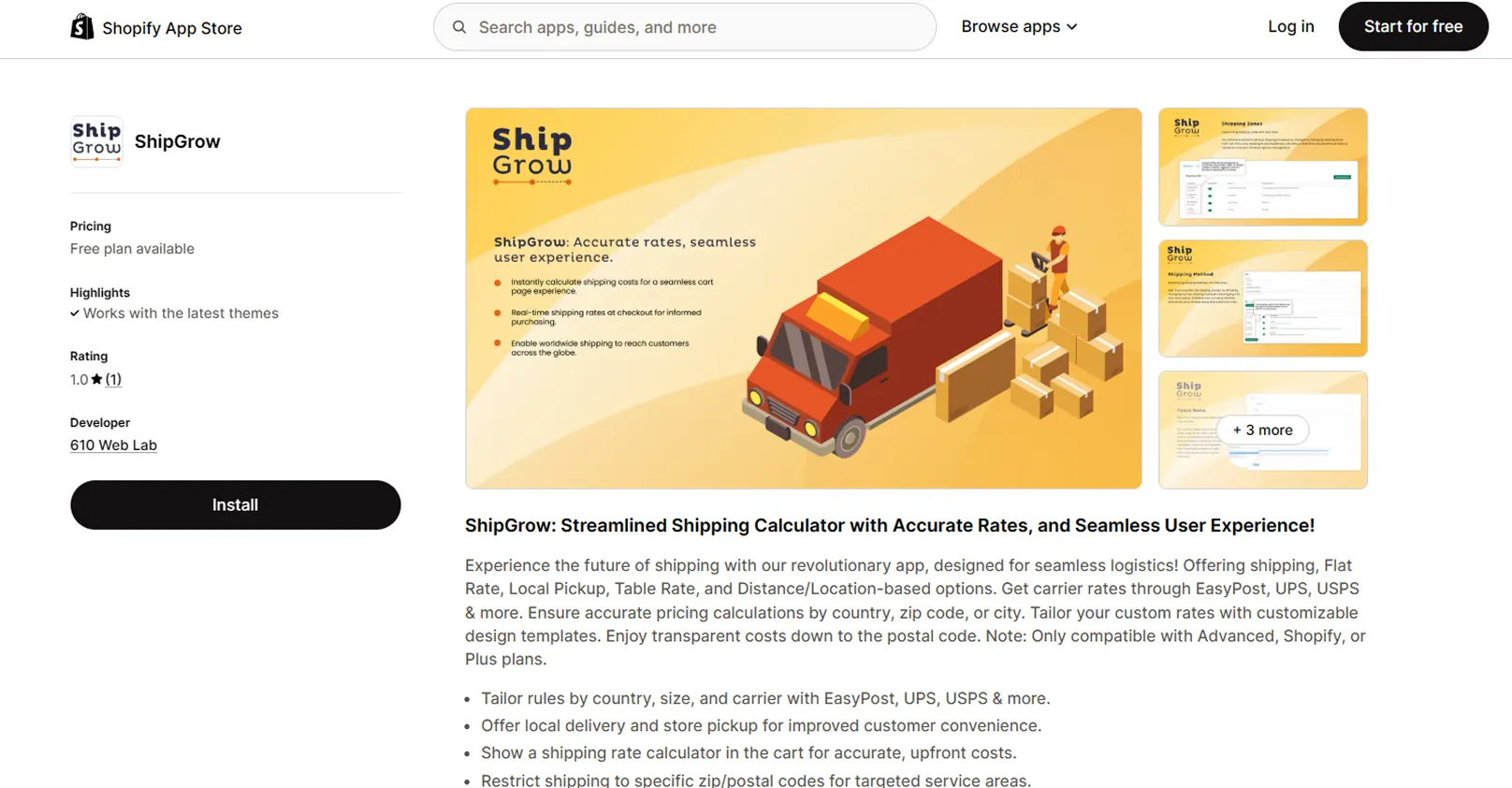An Overview of Shopify Apps
Shopify apps are plugins designed to enhance your store’s functionality, improve the customer experience, and automate everyday tasks. They use the Shopify API to access your store’s data, like inventory, orders, and more, so you can manage everything directly from your control panel.
The Shopify App Store offers thousands of apps across categories such as marketing, store management, payments, shipping, and customer experience. With over 6,900 apps available, merchants have plenty of options, not even counting unlisted or private apps.
For businesses on a budget, many free apps are available. Paid apps, developed by third-party experts, often come with free trials so you can test them before subscribing. If you need unique features or cannot find the right app, Webzia Infotech can develop a custom Shopify app tailored specifically for your store. Our team works closely with Canadian businesses to create fully customized solutions that enhance store performance and meet your exact requirements.
Before diving deeper into custom apps, it’s worth exploring the Shopify marketplace. Apps are organized into categories for easy browsing, and the “Collections” section highlights tools useful for new store launches or Shopify POS integration, helping you find exactly what your business needs.
Why Choose Shopify Apps for Your Store?
Shopify offers a massive range of apps designed to help you get more from your online store. From boosting sales to streamlining operations, there’s an app for almost everything, whether it’s adding product reviews, automating email campaigns, promoting your products on social media, or getting detailed analytics on your store’s performance. Looking to integrate with Point of Sale systems or create upsell bundles? You can set it up in just a few clicks.
With these apps, you can automate everyday tasks that would normally take up a lot of your time or add new features that help your business run smoothly.
For instance, accounting tasks that usually require exporting sales data and manually importing it into software can now be handled effortlessly. Apps in the Shopify Accounting category can automatically manage your sales data, track transactions, and even provide actionable insights, saving you time and reducing errors.
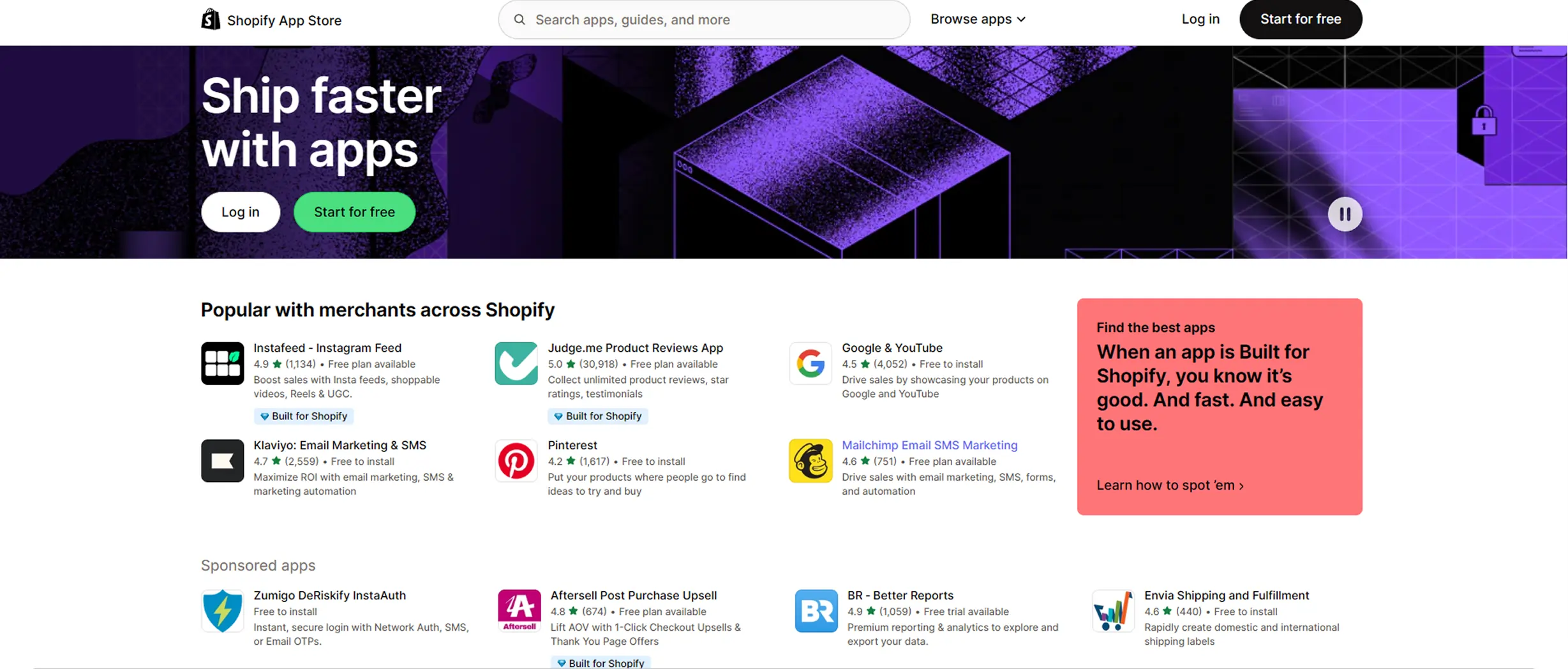
Types of Shopify Apps You Can Use
When it comes to enhancing your Shopify store, apps play a huge role in adding extra functionality and streamlining operations. Broadly, you’ll find two main categories of Shopify apps: public apps and custom apps. Public apps are available to all merchants via the Shopify App Store, while custom apps are designed specifically for your business.
Earlier, Shopify also allowed private apps, which worked similarly to custom apps but required developers to directly request API access to your store. However, since January 2022, private apps are no longer supported. Instead, Shopify now encourages merchants to use custom apps through their Partner Dashboard, which provides a more secure, modern, and flexible development environment.
This transition ensures better scalability, improved security, and smoother integration with Shopify’s ever-evolving platform. So, whether you’re looking to plug in an existing solution or invest in a tailored app, knowing the difference between these types of apps helps you make the right decision for your store’s long-term growth.
Shopify Public Apps
Public apps are the most common choice for Shopify merchants. They’re built either by Shopify itself or by third-party developers and are available to everyone through the Shopify App Store. Every public app goes through Shopify’s strict approval process, which ensures it meets quality, security, and functionality standards before being made available. This gives merchants peace of mind that the app is safe to install and will integrate smoothly with their stores.
The biggest advantage of public apps is convenience. These apps are often created to solve common challenges faced by a wide range of businesses. For example, you can find apps for email marketing, SEO optimization, inventory management, customer loyalty programs, upselling, and abandoned cart recovery. Since these are widely used, they often come with detailed documentation, customer support, and active updates from the developer.
Public apps are also offered in two forms:
Listed Apps – These are visible in the Shopify App Store, searchable by keywords, categories, and reviews. Listed apps usually have a large user base and plenty of ratings, so you can gauge reliability before installing.
Unlisted Apps – These apps aren’t publicly visible in the App Store but are still approved by Shopify. They are accessed through a direct link provided by the developer. While not as widely promoted, they are still safe to use.
However, the downside of public apps is that they’re designed for general use cases, which means customization is limited. For example, you might find an app that partially meets your needs but lacks certain features specific to your workflow. In such cases, merchants sometimes end up stacking multiple apps, which can increase monthly costs and potentially slow down site performance.
Still, for most small to medium-sized businesses, public apps are an affordable, fast, and reliable way to extend their store’s capabilities. They’re ideal when you’re looking for a quick solution without heavy upfront investment.
Top 5 must Used Shopify Public Apps





Custom Apps
Custom apps are tailor-made solutions built specifically for your Shopify store. Unlike public apps, which are meant to serve many merchants, custom apps are designed around your business’s unique processes, goals, and integrations. The key advantage of custom apps is control. You’re not limited by the features of a pre-built tool; you can define exactly what your app should do. For example, if your business requires a custom shipping rate calculator, unique product bundling logic, or integration with an industry-specific CRM, a custom app can handle these requirements seamlessly.
Another benefit is seamless integration with your existing tools. Public apps sometimes overlap in functionality or don’t fully communicate with your systems, leading to inefficiencies. A custom app can be built to integrate perfectly with your ERP, accounting software, warehouse system, or marketing tools. Building a custom app requires more effort. You’ll need to collaborate with a Shopify developer or development team who understands both your business goals and Shopify’s API framework. This process involves time, investment, and ongoing maintenance. Unlike public apps, custom apps don’t need Shopify’s approval to go live, but they still need to follow security and functionality best practices to ensure smooth operation.
Top 5 Need of Custom App Development




The long-term payoff, however, can be significant. With a custom app, you avoid paying monthly subscription fees for multiple apps that only partially solve your problems. Instead, you invest once in a tool that is perfectly aligned with your workflows. Over time, this can even save money and reduce complexity in your store’s backend. Custom apps are particularly valuable for established businesses or fast-scaling entrepreneurs who need advanced functionality that public apps simply don’t provide. They also future-proof your store by giving you the flexibility to adapt and update features as your business grows.
Tech Stack





Custom Shopify App Development: How Can It Benefit Your Business?
Shopify offers a huge variety of ready-to-use apps, which makes it easy for merchants to add features to their stores in just a few clicks. These public apps are great for addressing common challenges and can save you time when starting out. However, as your store grows, you may find that none of the available apps fully meet your unique business needs, or that you need to rely on multiple apps to achieve the desired functionality.

This is where custom Shopify app development becomes a game-changer. Custom apps are built specifically for your store, tailored to your workflows, integrations, and business requirements. Unlike public apps, you have complete control over how the app looks, functions, and interacts with other tools in your ecosystem, giving you a seamless experience.
A custom app can solve recurring problems, integrate with dedicated CRM or ERP systems, or even enable you to sell on additional eCommerce platforms. You can decide exactly what features you need, how the workflow should operate, and how data is managed, ensuring that every part of the app is optimized for your business operations.
Another major advantage of a custom app is consolidation. Instead of juggling multiple apps to perform different tasks, you can have all the required features combined into a single solution. This not only simplifies daily management but also reduces the risk of conflicts between apps or website slowdowns caused by installing too many plugins.
As your business evolves, the app can be updated or expanded to match your changing needs, giving you a scalable and reliable tool that grows with you. With the right development partner, you’ll have a tailored solution that saves time, enhances productivity, and helps your store perform at its best.
Top Advantages of Partnering with Shopify App Developers at Webzia Infotech
Custom Shopify apps may seem like a bigger investment upfront, and that’s true. Building an app takes time, research, design, testing, and development, so it’s not instant. But the benefits of a custom solution far outweigh the cost and can give your store an edge that off-the-shelf apps simply can’t.
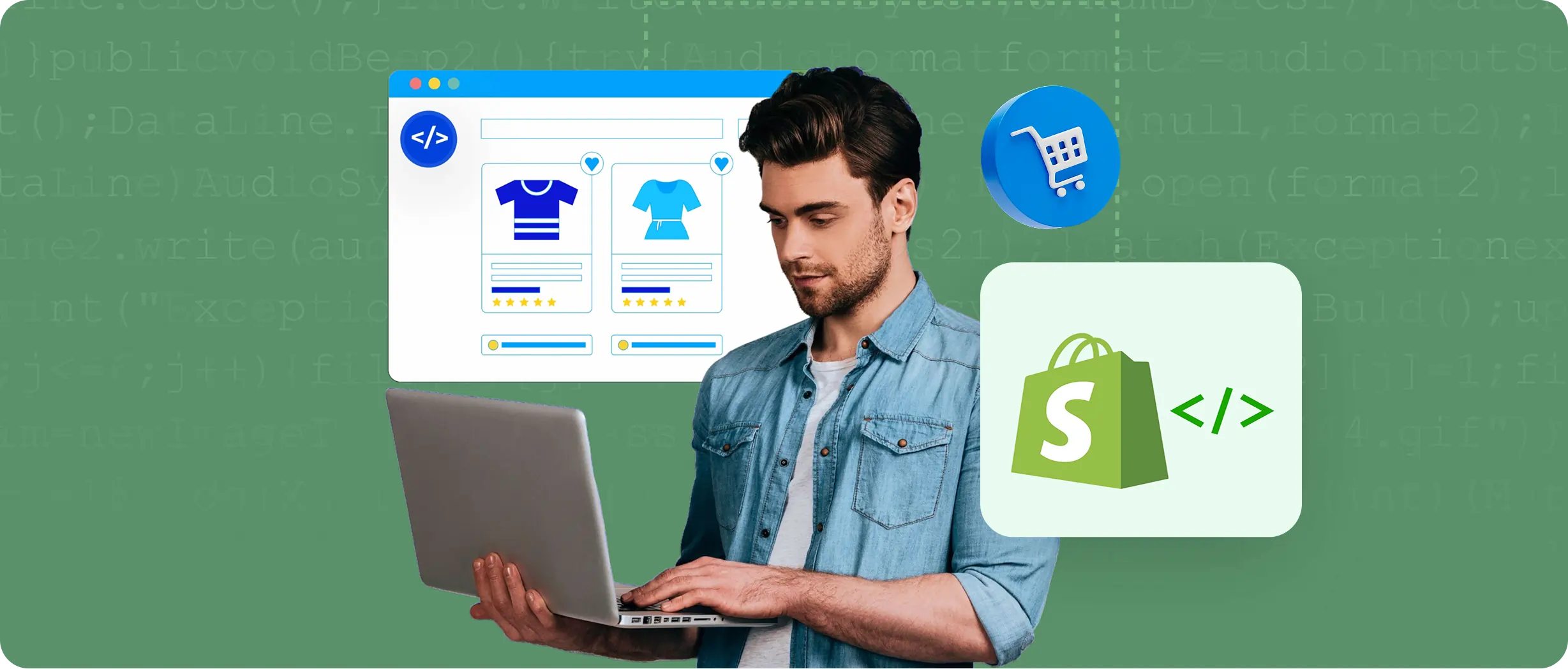
Our Shopify App Development Services
Custom Shopify App Development
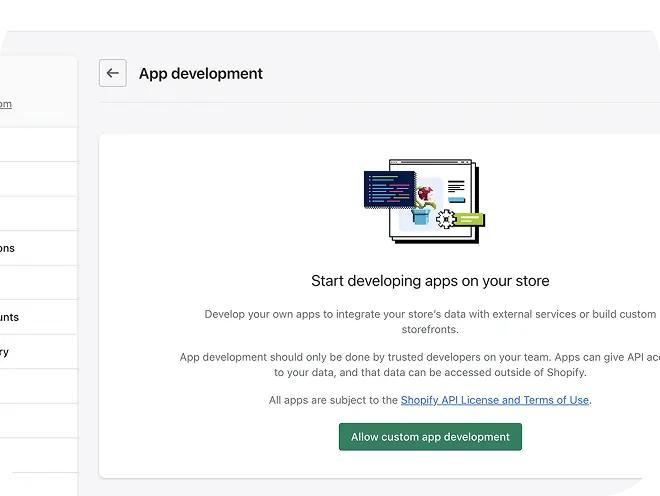
Third-Party Integrations (ERP, CRM, etc.)

App Installation, Configuration & Testing
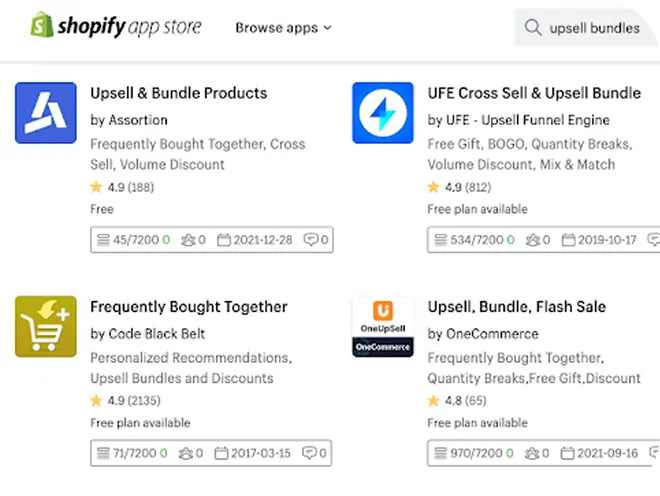
Secure & Scalable Development

Optimization & Automation Development

Post-Launch Support & Maintenance

Why Choose Webzia Infotech for Shopify App Development?
Our expertise at Webzia Infotech isn’t just about building apps; it’s about creating solutions that help merchants grow, optimize operations, and deliver better customer experiences. Here are some of the Shopify apps we’ve successfully developed and launched:
Ecom Shipping Rates – Smarter, More Accurate Shipping
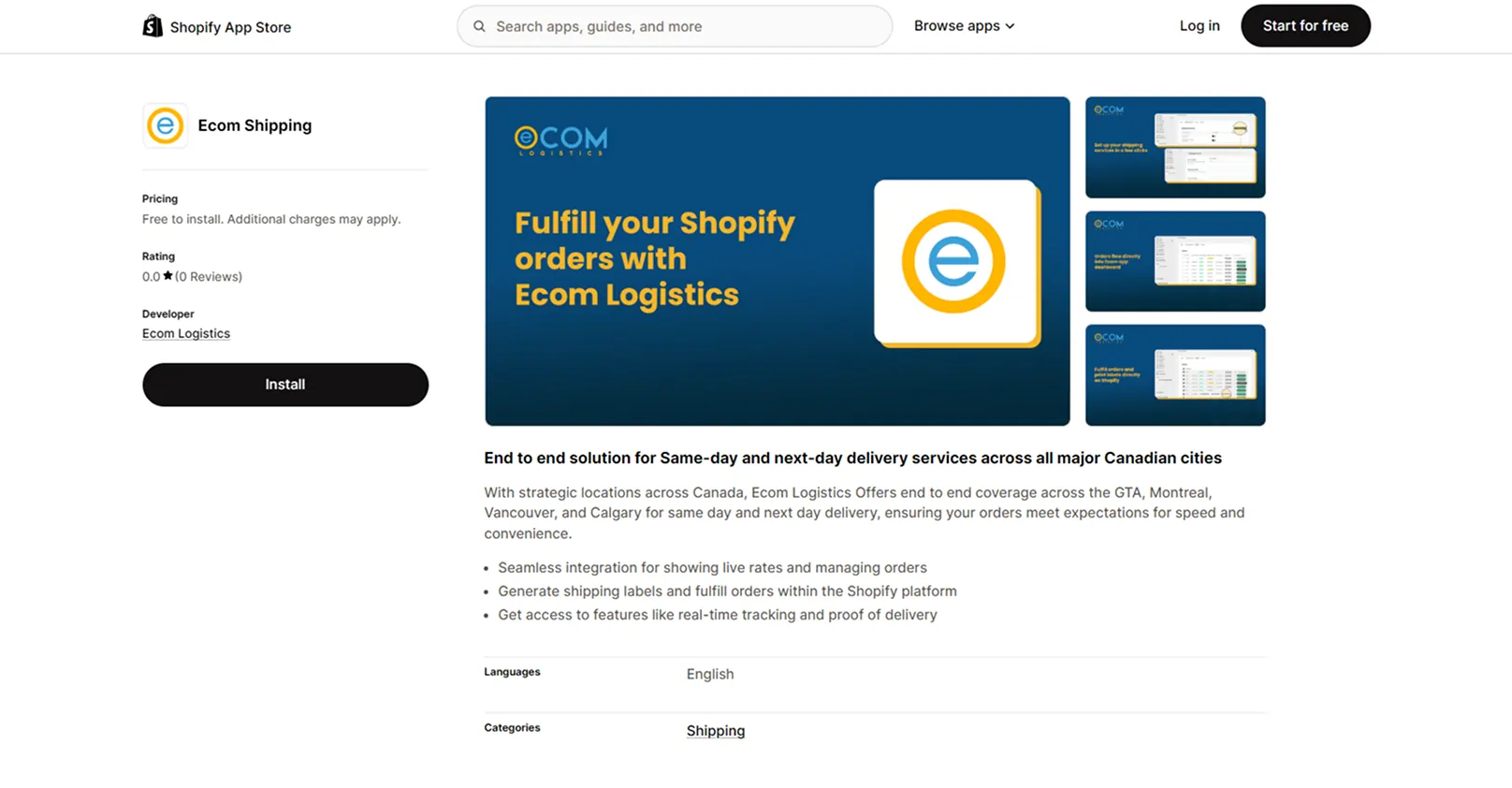
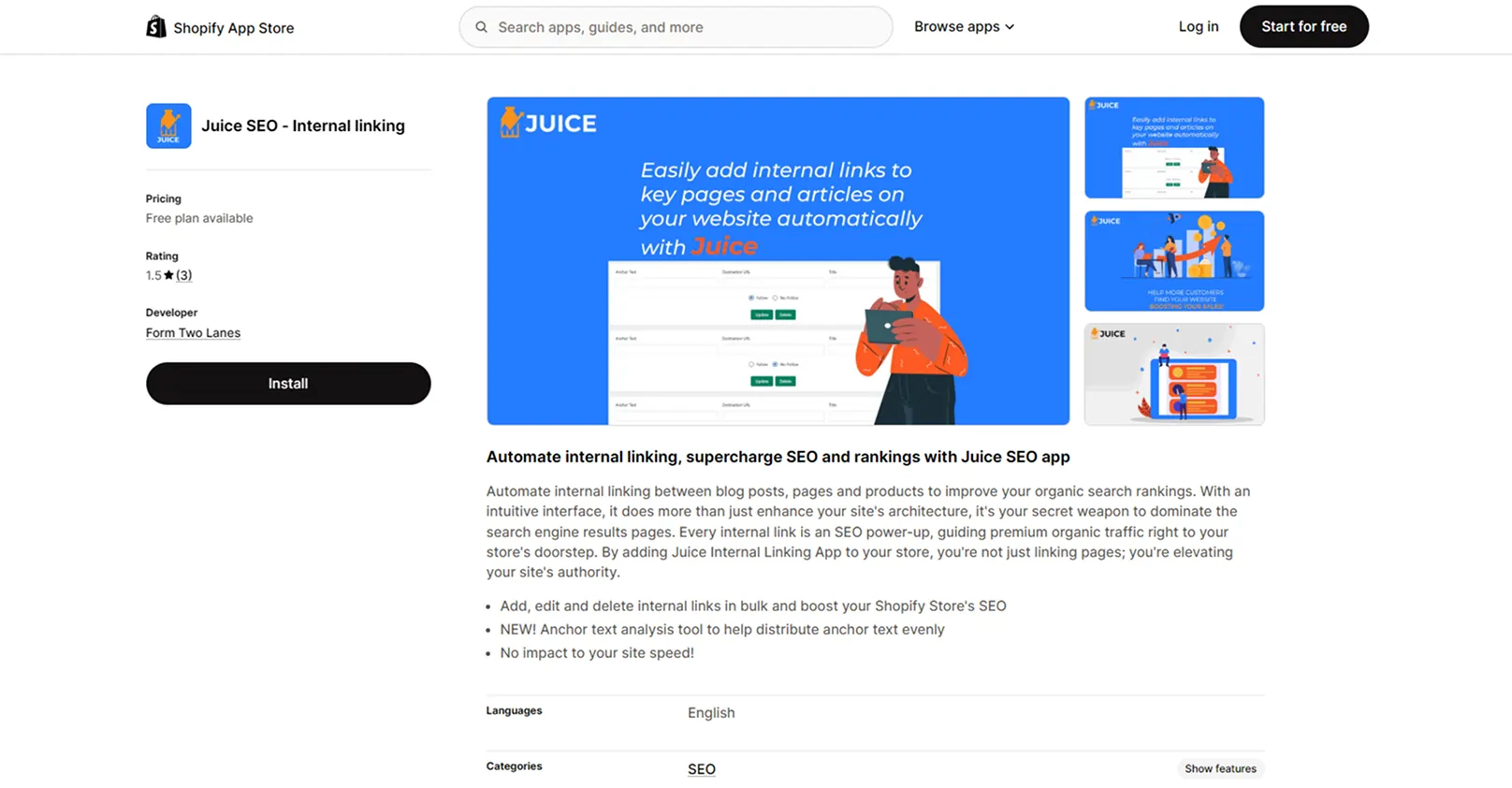
Automatic Internal Links – Boost SEO and Store Navigation
ShipGrow – Faster Shipping, Better Experiences
